Perhaps the most moving programme of all amid the huge range that will mark the coming centenary of the Great War will be on 28 June, the day when in 1914 Gavrilo Princip shot dead the Archduke Franz Ferdinand and his wife Sophie while they were on a state visit to Sarajevo. On that night, Radio 3, along with other members of the European Broadcasting Union, will transmit live from Sarajevo a concert by the Vienna Philharmonic Orchestra, marking that first step on the road to war. But the evening will also inevitably reflect on how the aftermath of 1914–18 led ultimately to another war, this time in Bosnia, and to the three-year siege of Sarajevo (the longest siege of a capital city in modern times). So many layers of meaning will be contained in that single concert, heard simultaneously throughout the nations of Europe. So much hope, too, will be distilled in the joint broadcast, bringing people together to remember what will happen if we allow ourselves at any time to forget how brutally destructive and long-lasting war is.
Over the next four years, you’ll be hearing a lot more about 1914–18 as the BBC goes into overdrive to justify the licence fee and prove its credentials as a public-service broadcaster. But this will not just be an anniversary to beat all anniversaries; it’s also going to take us into the digital era in ways we’ve not yet known nor perhaps even imagined. This will not be a single, straightforward account, analysis, assessment of how and why the war took place, with an overarching narrative, the triumph of one side over the other (as it would have been marked at 50 or 60 years, or even at 80 years). On radio, at least, a truly multilayered approach has been devised, taking in fact and fiction, national crisis, domestic impact, politics, art and technology, with a global perspective on the conflict provided by the World Service.
Next week, for example, Radio 3 will take us to five crucial cities in the lead-up to the war — Paris, Vienna, Berlin, St Petersburg and London — for a mini-series Music on the Brink that will pop up in most of the programmes across the station. The idea is to show graphically what it was like to live in those cities in January 1914 just seven months before war broke out. This will set the scene for Margaret MacMillan’s Day by Day, which begins on 27 June and continues until 8 August as the historian takes us through the events as they unfolded 100 years ago, in a succession of four-minute episodes that will interrupt Radio 4’s daily schedule.
‘Following the events in real time…is something that radio is particularly suitable for,’ says Jane Ellison, the Radio 4 commissioning editor who is coordinating the first world war programming on air. ‘The discovery of things as they unfold’ will, it is hoped, ‘keep up the momentum’ and stop us taking the anniversary for granted. At the same time, all these programmes will continue to be available to hear again as and when you please via the specially created bbc.co.uk/ww1 website. If there’s something in Home Front (the 15-minute drama that will run on Radio 4 five days a week for 26 weeks in each of the four years) that sparks a question in your mind about what actually happened, you should be able to find a factual programme that will explain it. At least that’s the intention — to create a digital space in which you’ll be able to connect up what’s going on in the trenches in Flanders with life back home in Folkestone or even further away in India, Egypt, Gallipoli. Ellison hopes that this connectivity, together with the World War I At Home project, will ensure that the narrative of war will be deepened and given a greater complexity by drawing out stories we have not previously heard. Stories like the mules of Minehead, which arrived in Somerset from the USA, were fattened up and prepared for battle, and then sent off to Flanders.
You might think the events of 100 years ago are too far back to be of consequence now. But scratch any family and they will come up with sometimes hidden but no less deeply felt stories about grandparents, great-uncles and aunts who were in some way affected by the conflict. Those stories ripple on down through the generations. We need to remember. That concert in Sarajevo will remind us both of what happened in June 1914 but also how war came back to that city and destroyed lives that had seemed so settled, safe and secure. If these four years of anniversary do nothing else, they should remind us of the importance of community, and of keeping our political leaders in check. They will also take us into a new digitally connected world, where at the touch of an electronic pad or keyboard you can be taken straight back to what the Tommies experienced in 1914 or rushed back to 2014 to hear our most influential historians debating what the war means to us today.
Got something to add? Join the discussion and comment below.
Get 10 issues for just $10
Subscribe to The Spectator Australia today for the next 10 magazine issues, plus full online access, for just $10.
You might disagree with half of it, but you’ll enjoy reading all of it. Try your first month for free, then just $2 a week for the remainder of your first year.

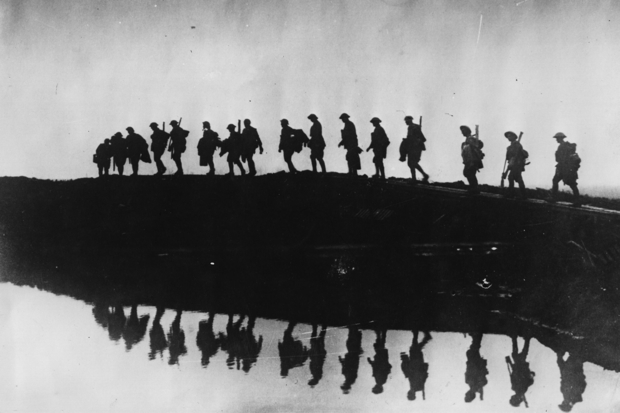
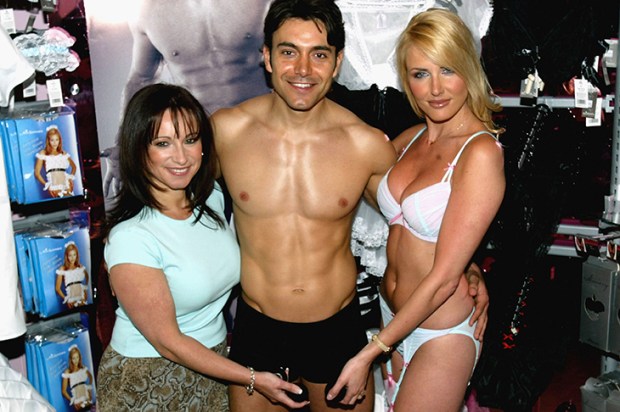
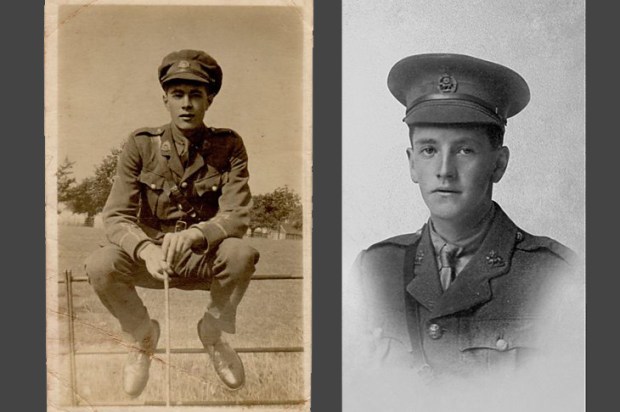
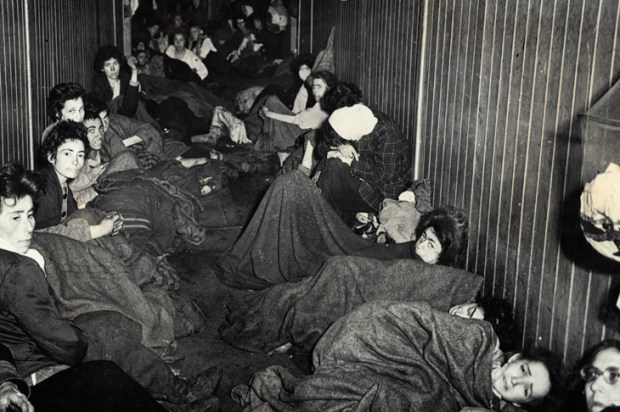
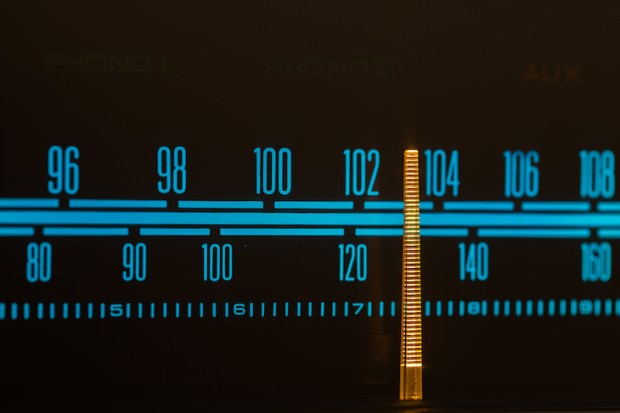








Comments
Don't miss out
Join the conversation with other Spectator Australia readers. Subscribe to leave a comment.
SUBSCRIBEAlready a subscriber? Log in